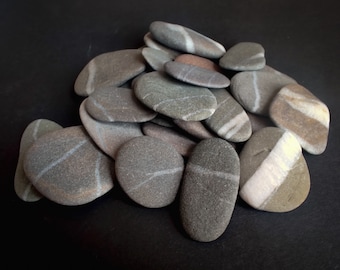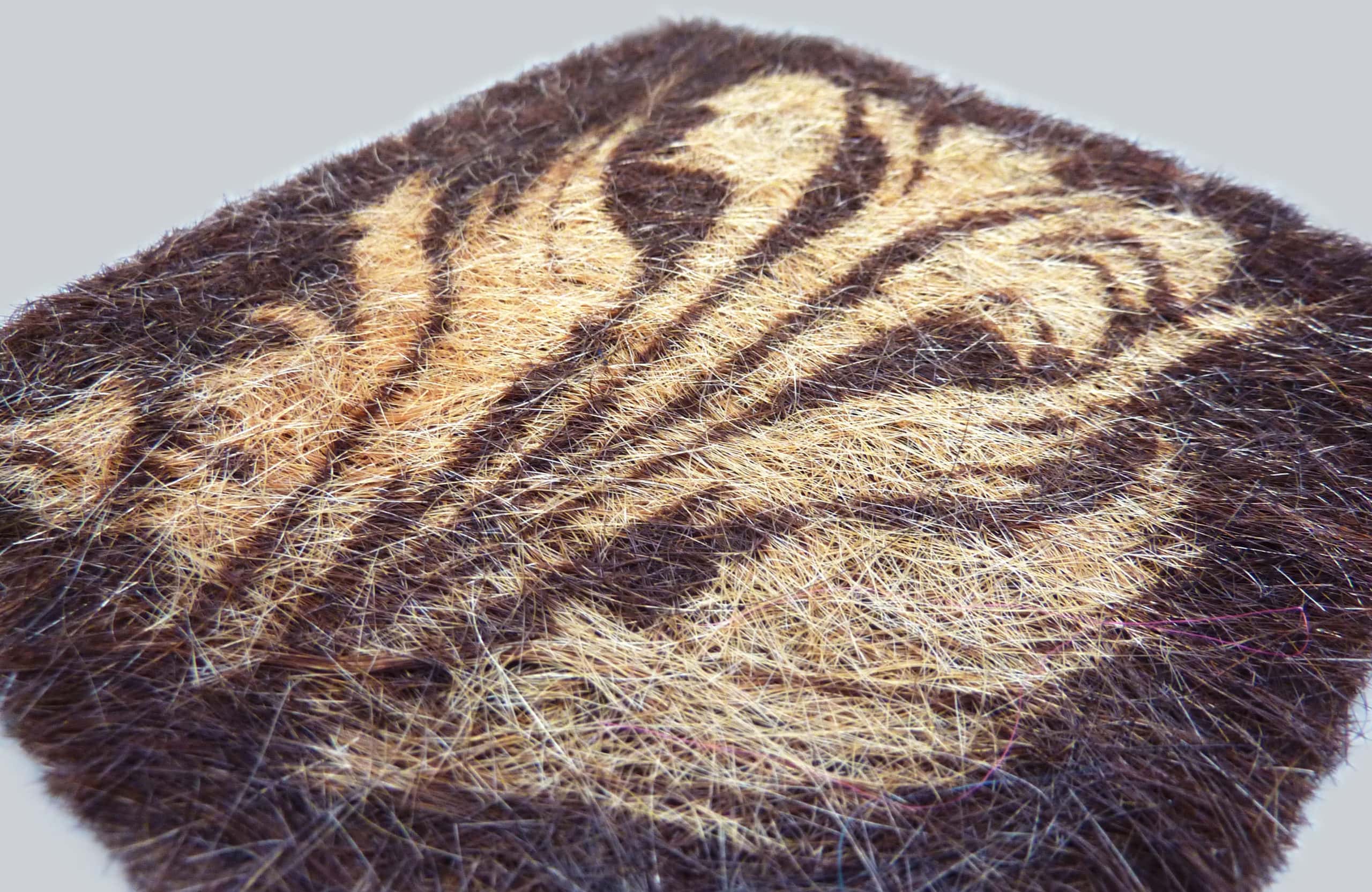WEEK 11. Implications and applications¶
Wandering about...¶
This week was an intense one for me, for it confronted me with the future that I have some troubles to project in.
First idea : biomaterial marquetry¶
During the week 09 : Textile as Scaffold, I got really interested in the technique of wood marquetry on textile.
Nonetheless, I had the feeling that this was uprooted of any real meaning. I had the technique, but the reason why I would be doind such a thing wasn't making any sense to me. I have a specific acquaintance with wood because I was raised in a family where beautiful and crafted wooden furniture were everywhere. My parents used to stroll in secondhand markets to find THE item that would become part of their home.
Moreover, I personally love the way wood looks. During the week 09, with Mélanie Abel we experienced laser-cutting some pine wood plancks, and the render was stunning, revealing the veins of the wood, and displaying its living beauty. This too amazed me and gave me visual and sensitive ideas on a technique of work.
Nonetheless, it seemed vain and disconnected to the training courses that we are attending in Fabricademy. Eventhough I had the idea to use textile fibers to create paper, and then to use this textile paper as veneer (as seen in the pictures below), I thought I could make something with more meaning to me.
So I changed completely my angle of thinking. As explained in Laetitia Thomas's courses, I started by thinking about an "How might we...?".
Personal approach: eco-anxiety¶
One of my question was: how might I relieve myself of my eco-anxiety? and how might we help other people who are feeling the same? I know that talking with my friends, I am not the only one who have difficulty to overcome this fear of the future, and it is even more difficult when this fear is given food through the everyday information that mainly display the negative impact we have on the planet, other species, and resources.
When I arrived in Fabricademy, I met several people who are involved in change in the textile and fashion field. I realized how action was possible. It gives me hope, and I want to share this aknowledgement to other people who would be afraid of the future years and decades to come.
In parallel, this research of subject and project made me reconsider my study path: I always thought that design was my way. Nevertheless, when discussing with some colleagues and my family, I realized that, maybe, I had more of an artistic approach to everything I was doing. I like to think a lot my projects, to anchor them into a concept, and I like the plasticity that we are allowed to display in Fabricademy. Textile design is my field, but maybe with an artistic side of it.
So, for the first time of these three months, I allowed myself to think about an artistic project. But it was dull, no shape, no material has my preference, the biomaterial marquetry was still blocking my thoughts. And while groaning about the fact that no idea was coming to my mind, I said out loud: "Ce que je veux, c'est que chacun puisse apporter sa pierre à l'édifice!".
Pause. I repeated the sentence in my mind: "All I want is that anyone can bring his stone to the building."
Research & Concept¶
About eco-anxiety : The Lancet Planetary Health¶

Relaxing handicrafts in group: organizing art-therapy workshops¶
The idea is to gather people who want to share an experience of group making as well as mind relaxing handicrafts, around the topic of seeing waste as a resources, and shifting their way of seeing the world, in order to give them the first collective impulse towards action, and avoid the paralysis of fear and anxiety. Gathering people would take place in workshops.
The Thinking Hand, Juhani Pallasmaa
Make a wish for the future: wishing stones¶

"Legend has it that if you find a rock with a white or pink line all around it, you have found a Wishing Stone. The stripe is usually quartz or calcite. If you trace your finger around the line while closing your eyes and making a wish, then throw the stone into the sea as far as you can or give it to another person, your wish will come true. Make a wish on behalf of a person other than yourself; then ALL your wishes come true. The very best Wishing Stone has a single continuous line wrapping around it, a line unbroken and uninterrupted by other lines or streaks."
This legend is highly interesting, because there is the idea of hope that is displayed here.
This idea would be to create felt stones during the workshops, so that each person can add his.her personal pebble to a collaborative artwork.
Making wishing stones : felting process¶
The Basic Steps of Wet Felting:
- Gather wool, bubble wrap or bamboo blind, soapy water, spray bottle
- Spread out bubble wrap or a bamboo blind on a table
- Place a thin layer of wool on the wrap or blind
- Add a 2nd thin layer, perpendicular on the 1st
- Spray with soapy water and work with your hands
- Add a 3rd thin layer, perpendicular to the 2nd
- Again, spray with soapy water and work
- Repeat adding layers and working in the water until fibers hold together
- Roll up felt and work it back and forth
- Full the fabric by lightly dropping it on the table
- Rinse and hang to dry
*Process found on FiberArtsyandCraftsy website
As you can see, no sharp object or toxic product is used here, so it is possible to work with children without being upset that one could be harmed.
Also, the back and forth movement can plunge one in a meditative state, and it involves a lot of muscles at the same time, so you are physically fully into what you are doing.
With the process of felt, I would like people to make pebbles that will be part of a collaborative artpiece that will grow as more people attend the workshops: a collaborative Cairn. Here is the structure of these pebbles.

Collaborative Cairn¶

Building something together
Getting personally involved
Elevating the building higher and higher...
These are ideas that are born into the cairn.
Identification and involvement through materials¶
Doggos to the rescue!¶

Hair as personal involvement¶
Resources can be as close as our hair on our head. It's bringing personal involvement to a higher state, since you give a part of yourself into this project.
Antonin Mongin

To me, melting animal and human hairs allows to create a symbiosis that Darwin tended to explode: we are all animals into a same ecosystem that is very fragile.
Woollen textile fibers coming from emotional clothes¶
Reusing woollen clothes is also a gateway to the understanding that solutions can come from ourselves, our closet, our personal history.
This is bringing common hairs used to knitting into the process, but reusing them when the clothes cannot be worn anymore. This is also a way to show that what we consider to be waste can be seen (and used) as a new resource for the creation of a new material.
Challenges¶

Potential stakeholders¶
Hairdressers
Dog groomers
On this page, you will find the persons who helped me in the process of creating this project !
Bring your stone to the building¶
Bring your stone to the building par Guillerm